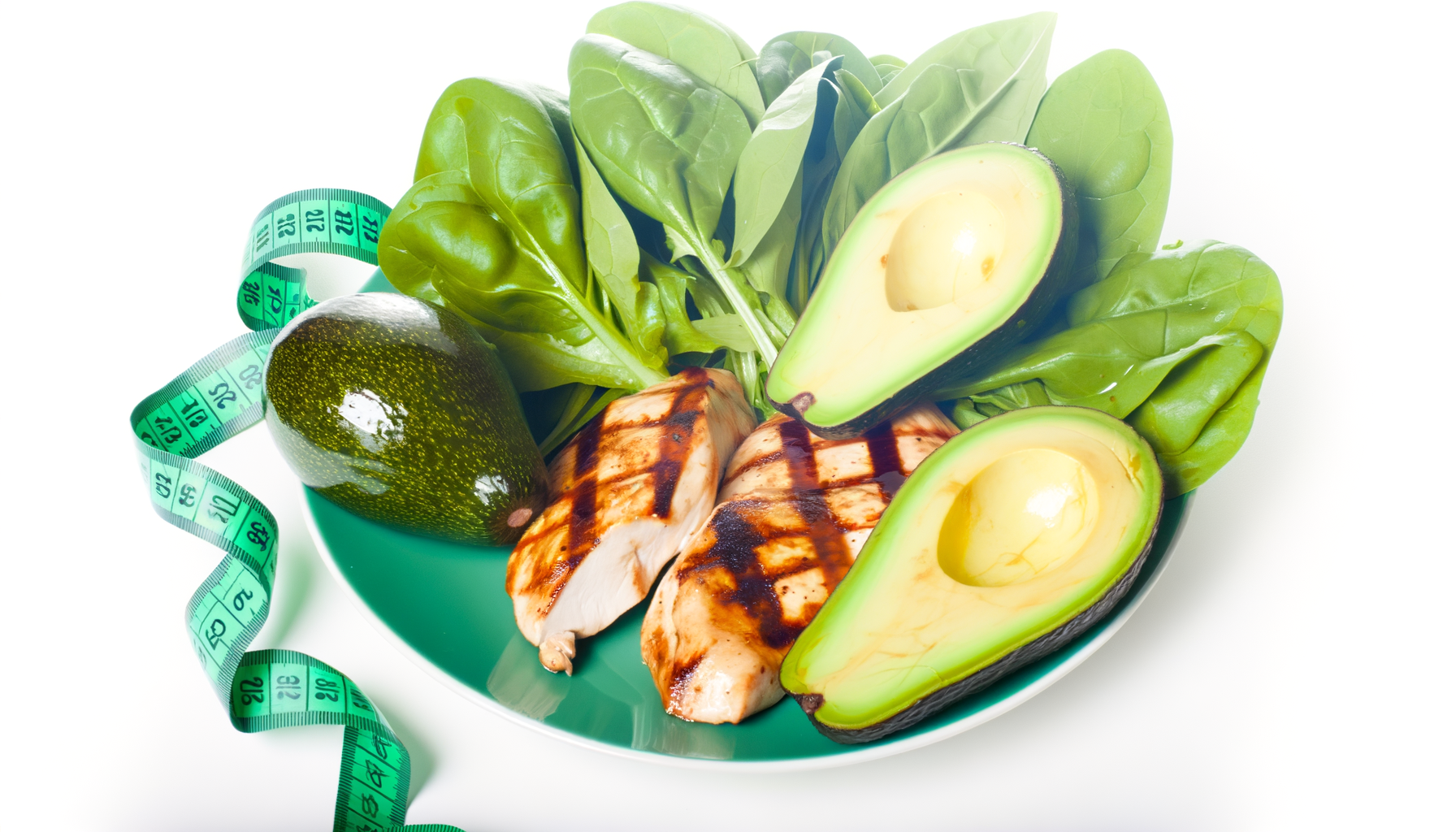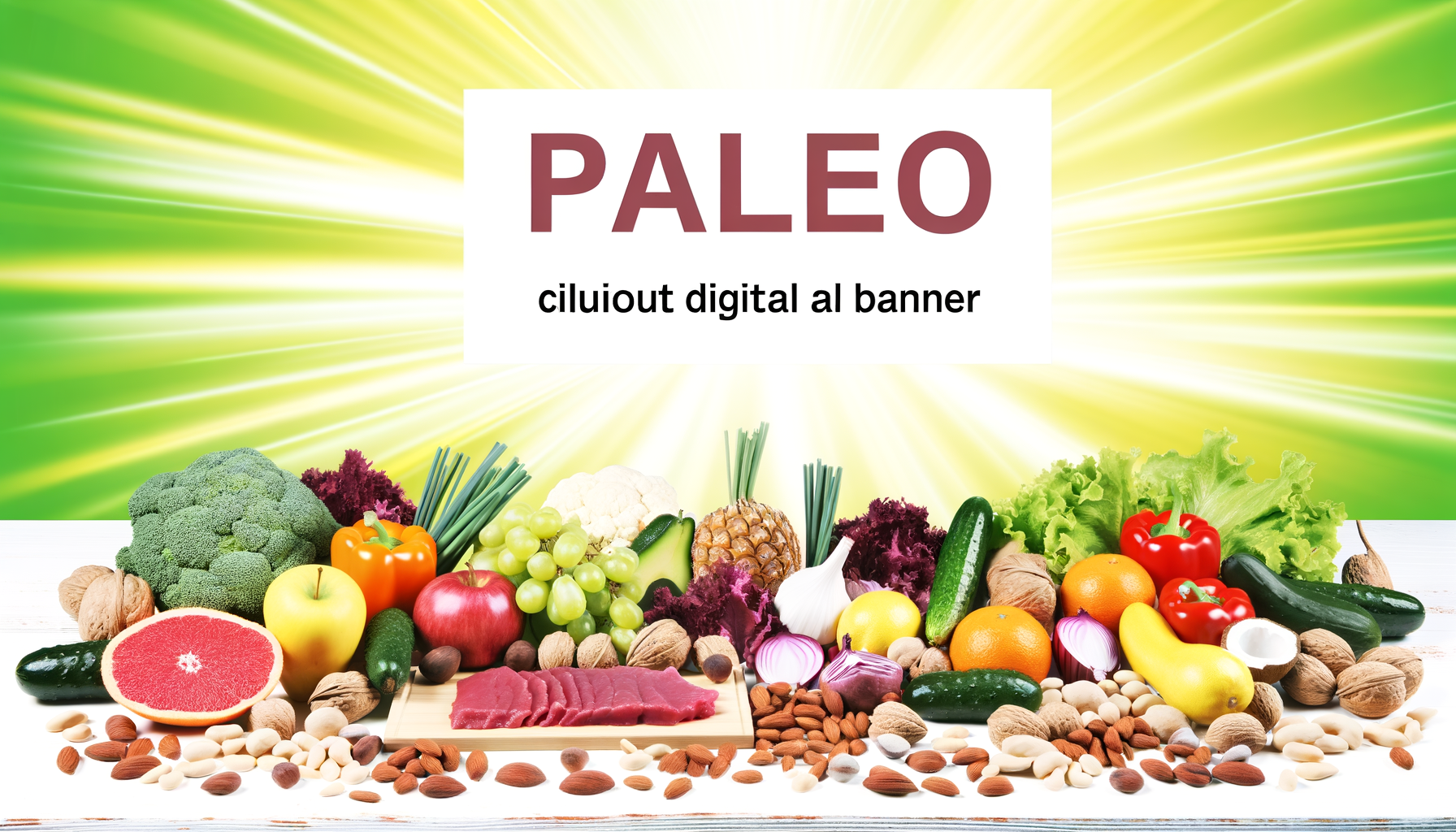Enhancing PCOS Management with WP Calorie Calculator Pro
Understanding PCOS and the Role of Diet in Management
Polycystic Ovary Syndrome (PCOS) is a complex hormonal disorder that affects many women, often leading to symptoms such as irregular periods, weight gain, and insulin resistance. Managing PCOS requires a multifaceted approach, with diet playing a crucial role in alleviating symptoms and improving overall health.
The Impact of Diet on PCOS
Diet is a critical component in the management of PCOS. People with PCOS are more likely to have conditions such as obesity, systemic inflammation, metabolic syndrome, insulin resistance, and an increased risk of diabetes and cardiovascular disease.
A well-balanced diet can help mitigate these risks. The Mediterranean diet, for example, is commonly recommended due to its emphasis on whole grains, non-starchy vegetables, lean proteins, and healthy fats. This diet helps reduce inflammation, which is associated with heart disease and other illnesses, by eliminating saturated fats, processed meats, and refined sugar.
Key Dietary Components for PCOS Management
Whole Grains and Non-Starchy Vegetables
Incorporating whole grains such as oatmeal, brown rice, and quinoa into your diet can help stabilize blood sugar levels. Non-starchy vegetables like broccoli, green beans, and leafy greens are rich in fiber and antioxidants, which can help reduce inflammation and improve insulin sensitivity.
Lean Proteins and Healthy Fats
Lean protein sources, including fish, tofu, and legumes, are essential for a balanced diet. These foods are filling and nutritious, helping to manage hunger and support overall health. Healthy fats, such as those found in olive oil, nuts, and seeds, also play a crucial role in reducing inflammation and improving hormonal balance.
Anti-Inflammatory Foods
Foods with anti-inflammatory properties, such as tomatoes, kale, spinach, and fatty fish high in omega-3 fatty acids (like salmon and sardines), can be particularly beneficial. These foods help reduce the chronic inflammation associated with PCOS.
Foods to Limit or Avoid
Refined Carbohydrates and Sugary Foods
Foods high in refined carbohydrates, such as white bread, muffins, and sugary snacks, should be limited. These foods cause inflammation, exacerbate insulin resistance, and can worsen PCOS symptoms. Sugary beverages like soda and juice should also be avoided due to their high sugar content.
Processed and Red Meats
Processed and red meats, including foods like hot dogs, sausages, and fried foods, should be consumed in moderation. These foods are associated with increased inflammation and can worsen PCOS symptoms.
The Role of Calorie Management
Calorie management is a vital aspect of PCOS management. Maintaining a healthy weight can significantly improve hormonal balance, insulin sensitivity, and overall health. Even a modest weight loss of 5-10% can provide significant health benefits, including improved fertility, mental health, and a reduced risk of developing type 2 diabetes and heart disease.
How WP Calorie Calculator Pro Can Help
The WP Calorie Calculator Pro can be a valuable tool in managing PCOS through effective calorie management. Here’s how:
Personalized Calorie Plans
The WP Calorie Calculator Pro allows users to create personalized calorie plans based on their specific needs, including their weight, height, activity level, and dietary goals. This can help individuals with PCOS maintain a healthy weight and improve their overall metabolic health.
Tracking Nutrient Intake
The calculator helps users track their nutrient intake, ensuring they are consuming the right balance of proteins, carbohydrates, and fats. This is particularly useful for managing insulin resistance and reducing inflammation.
Meal Planning and Frequency
By planning meals and snacks in advance, users can ensure they are eating regularly and avoiding large dips and spikes in blood sugar. The calculator can suggest meal frequencies and portion sizes to help maintain stable blood sugar levels.
Real-World Examples and Case Studies
Several studies and case studies have shown the effectiveness of dietary changes in managing PCOS. For instance, a study published in the *Research, Society and Development* journal highlighted the benefits of a hypocaloric diet with foods having a low glycemic index in improving PCOS symptoms. The study also suggested that supplements like omega-3, inositol, and vitamin D can be beneficial in managing PCOS.
Lifestyle Changes Beyond Diet
While diet is a cornerstone of PCOS management, other lifestyle changes are also crucial. Regular physical activity, for example, can help reduce insulin resistance and improve overall health. Aim for at least 150 minutes of moderate-intensity exercise per week, and incorporate daily physical movement into your routine.
Stress reduction techniques such as yoga and meditation can also help manage the stress associated with PCOS. Consulting with a therapist or another healthcare professional can provide additional support.
Conclusion and Next Steps
Managing PCOS requires a holistic approach that includes dietary changes, calorie management, and other lifestyle modifications. By using tools like the WP Calorie Calculator Pro, individuals can better manage their calorie intake and nutrient balance, leading to improved hormonal health and overall well-being.
For those looking to implement these changes, here are some next steps:
- Consult with a registered dietitian or an Accredited Practising Dietitian (APD) to create a personalized diet plan.
- Start incorporating more whole plant-based foods into your diet.
- Use the WP Calorie Calculator Pro to track your calorie and nutrient intake.
- Aim for regular physical activity and stress reduction techniques.
By taking these steps, you can enhance your PCOS management and improve your overall health.











